So the first time I encountered the term ‘cisgender’ was on my colourful Twitter timeline. Some troll was ignorantly spewing his privilege and a beautiful bisexual boy that I follow called the troll a “cisgender straight white male” while telling him to take several seats.
After tediously Googling the term, I was informed that being “cisgender” means that your gender identity matches the sex that you were assigned at birth. So basically when you were born your physical attributes, which are anatomically and physiologically predetermined, and your internal conviction that you are either male or female, plus the cultural behavioural expressions of those convictions, all marry each other harmoniously.
When the beautiful bisexual boy was calling out that troll, “cisgender” sounded like a swear word because how could one body have so much hegemonic power, such unadulterated privilege. It seemed obscene until I realised I am cisgender and confronting this privilege was bewildering since other components that make up my identity, such as race, nationality, sex and sexuality are not necessarily hegemonic.
Initially, I was confronted by my cisgender privilege a couple of years ago when I approached a public restroom that did not have the universal male or female signage. Instead the figure on the door was just a person, which I certainly am, but this privilege of fitting comfortably at one end of the sex/gender binary made me question if I even belonged in that gender neutral space because hello hi, the entire world has created public restrooms, and every other space, on the dominant societal assumption that everyone is cisgender. This prolonged perpetuation of the sex/gender binary has caused for the maintenance of gender inequality. As a human being dedicated to the decolonisation of my mind, walk through this with me as I unpack how de-gendering is crucial to decolonisation (decolonisation in this context being the undoing of hegemonic “norms” and mindsets.)
Firstly, let’s get this one thing clear, “nature” does not dictate how we perform gender, instead we do as producers of our culture. The assignment of sex at birth is based on our understanding of gender identity. So girls have uteruses and boys have penises. This basic arrangement of gender and other various subtle and overt arrangements of gender are reproduced socially by power structures in order to shape individual action, and because of the histories of the powers that be, these arrangements appear solid. Therefore it is dominant ideologies that perpetuate the sex/gender binary in order to maintain power dynamics.
I believe that if we started with discarding sex assignment at birth as a “regulatory practice” that “institutes the production of discrete and asymmetrical oppositions between ‘feminine’ and ‘masculine’, where these are understood as expressive attributes of ‘male’ and ‘female’” then we could ultimately de-gender society and “true humanism” could be realised and instituted (Judith Butler). Being freed from these shackles of the sex/gender binary allows individuals to step into a personhood that is not regulated by hegemonic norms or socially prescribed ways of being and interaction.
However, this immediate route to de-gendering is essentialist. We are still part of a world that has “norms” and ideals that are deeply interwoven into our social fabric. For example, the social construction of the female body and the normalisation of the male body has considered the female body as “the other”. This othering of the female body is based on anatomy and physiology and this othering also seeps into the subjugation of a feminine expression of gender. Femininity is still assumed to be debilitating. People with female bodies and whose gender expression is feminine are victims of oppression. Hence histories that reflects the need to implement equality constitutionally, institutionally and domestically.
So before we can de-gender, I believe we need to de-cisgender first. There are and always have been and there still will be many more individuals who are non-binary, transgender and queer. Forget my privileged gender neutral experience, there are people who wake up every day compromising how they navigate their existence because of this idea that there are only two sexes and their manifestation should either be masculine or feminine depending on their body. I believe that once cisnormativity and its partner in crime, heteronormativity, are overthrown from our mindsets and understanding of bodies and sexuality, then surely the superiority of the male body and masculine expression would collapse?
It is important to realise that the crux of our minor differences are what these dominant ideologies that perpetuate oppression are built on. It is about damn time that we interrogate this social construct and unlearn how we have been taught to prescribe ideas onto our bodies as well other people’s bodies.
Only once the intricate hierarchies involved in our understanding of gender are undone then we can move into the dismantling phase of the entire construct: no body will be categorised and no personhood presumed in accordance. Essentially, people could simply be people.
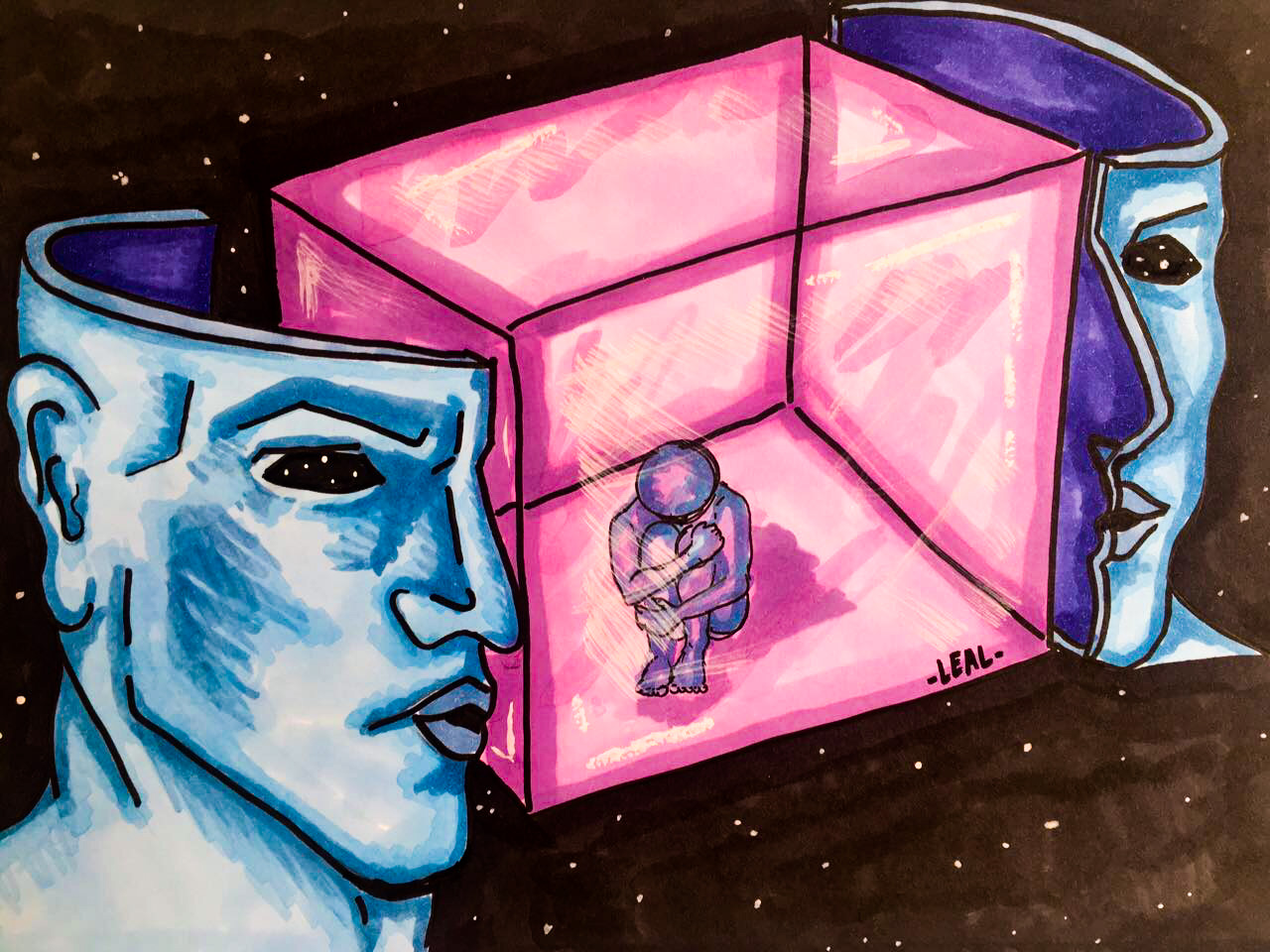
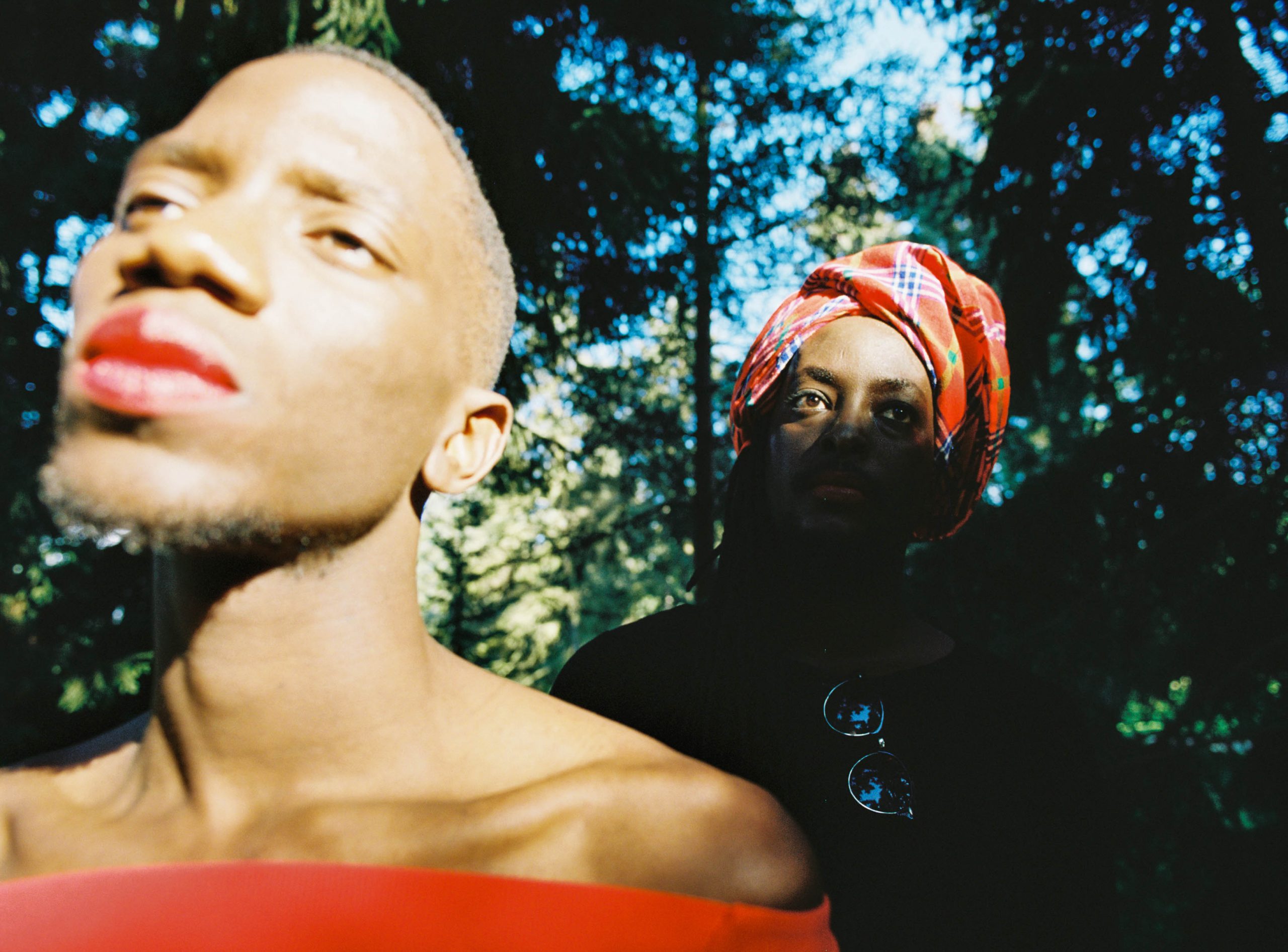
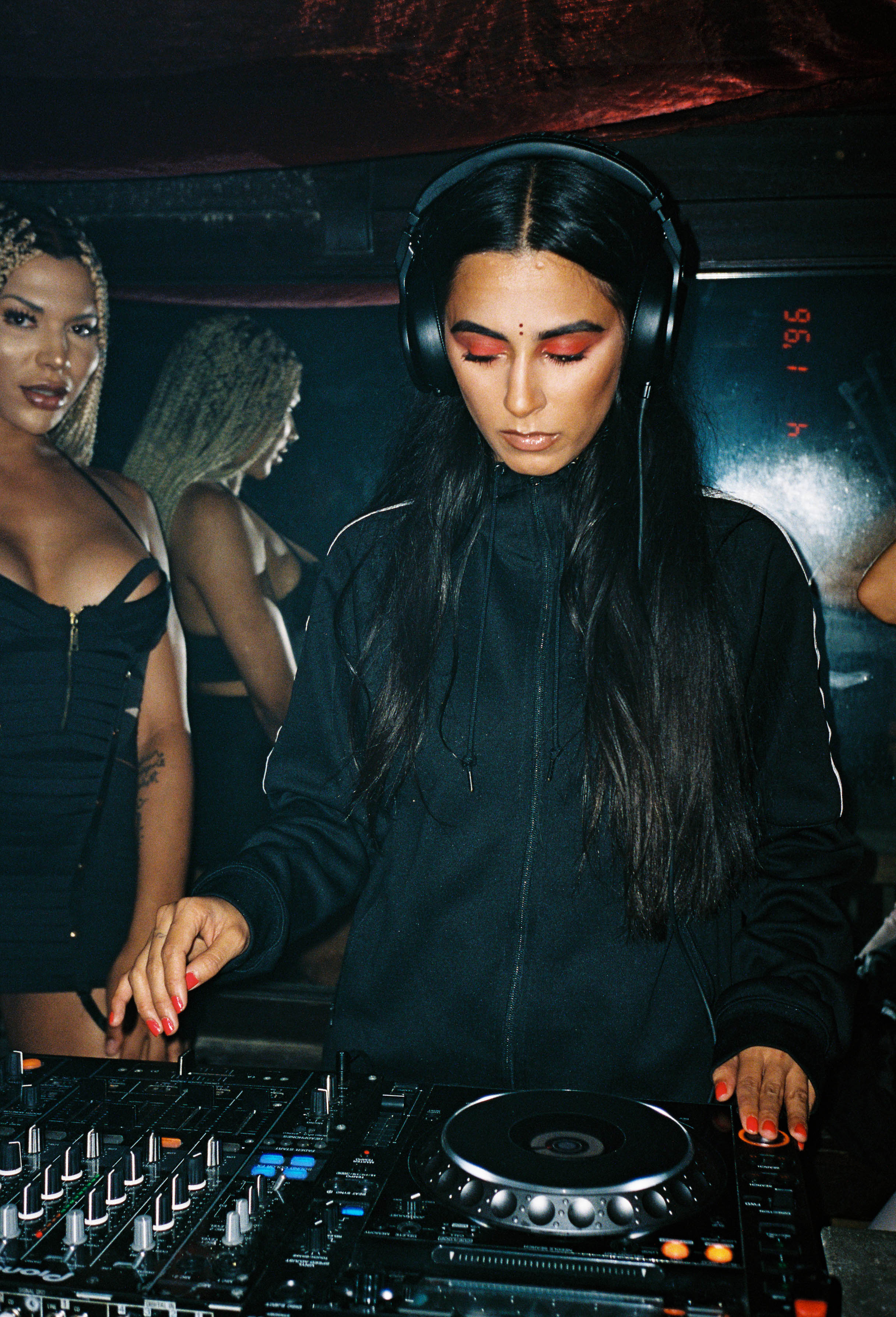
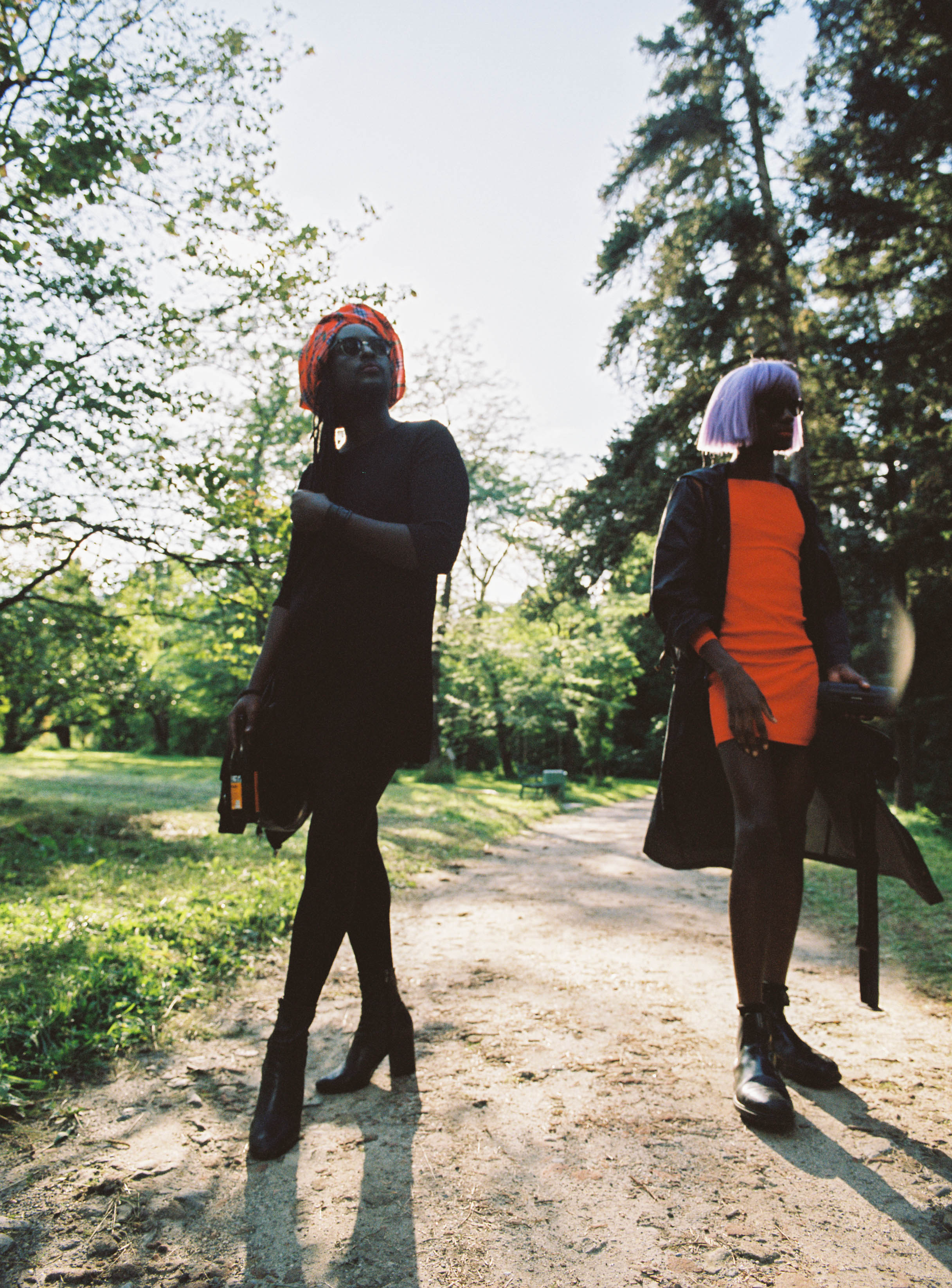
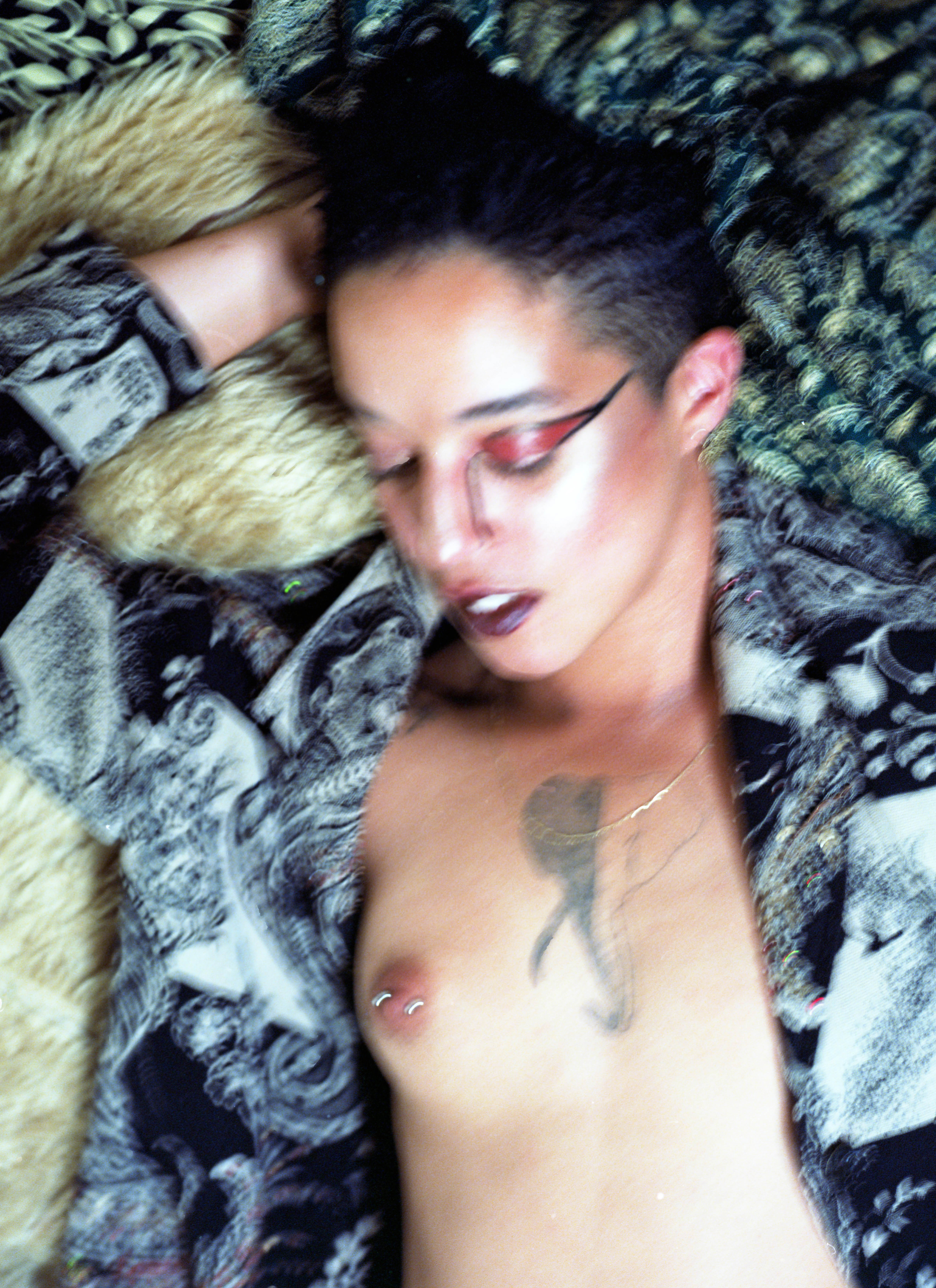
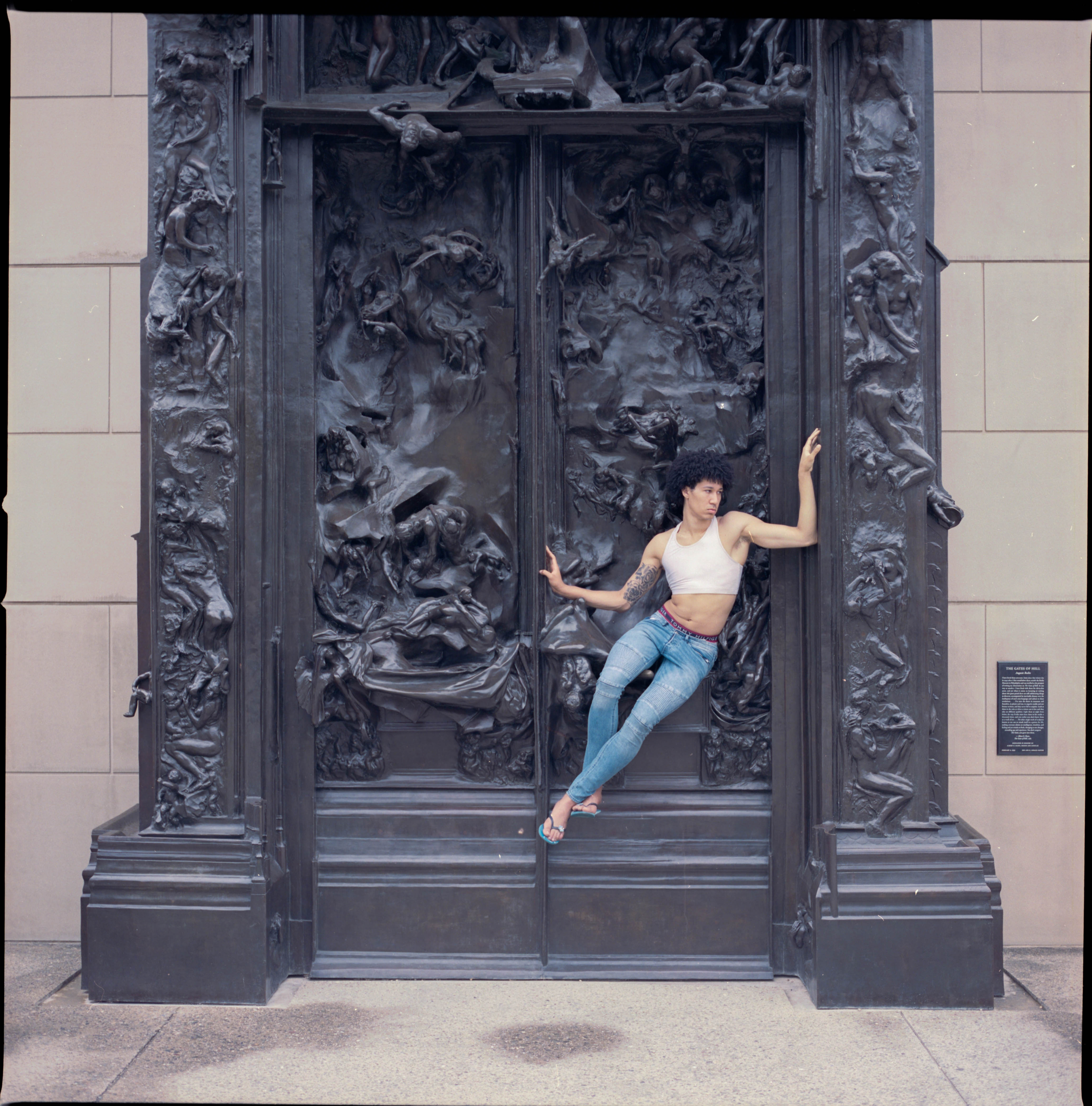

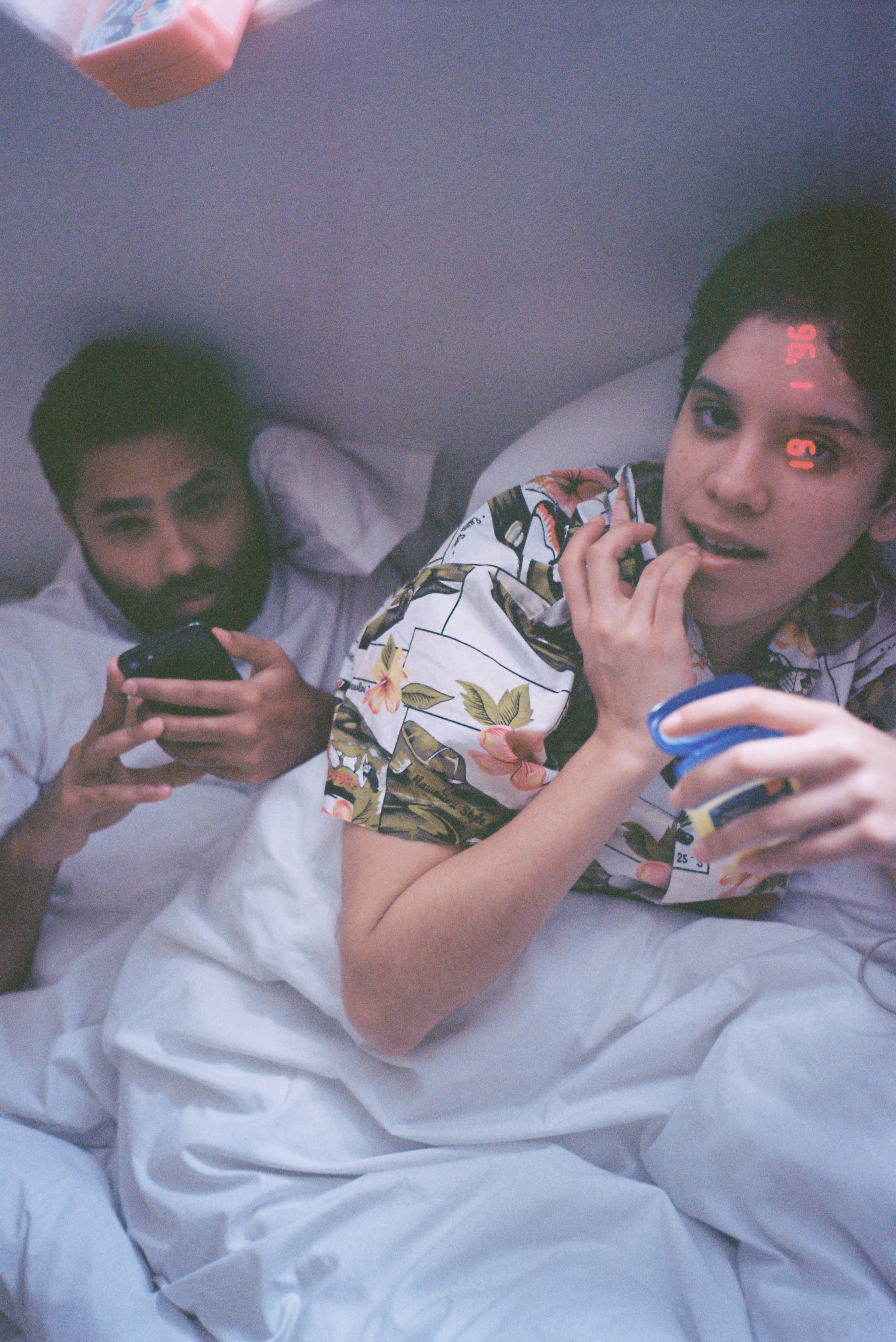
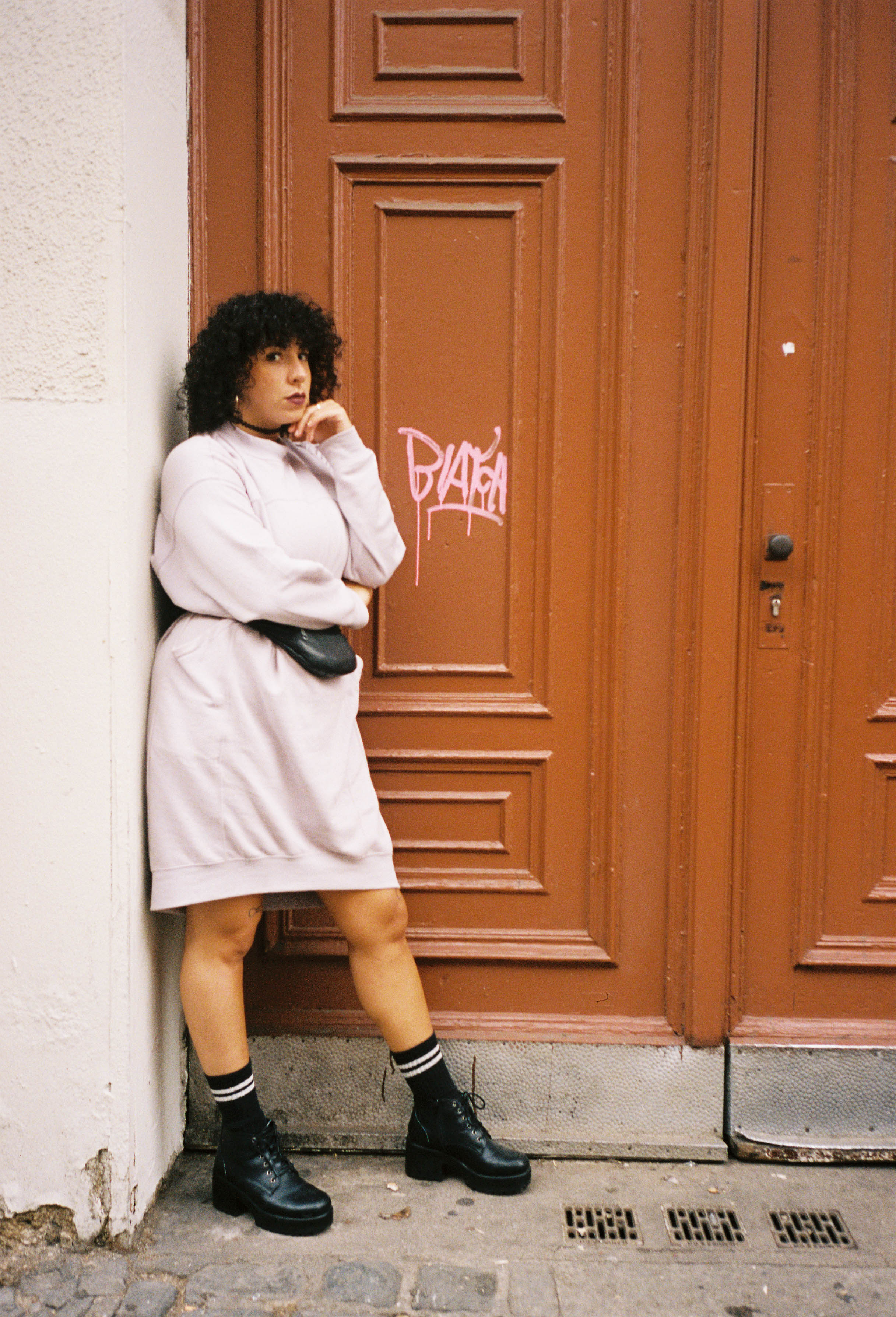
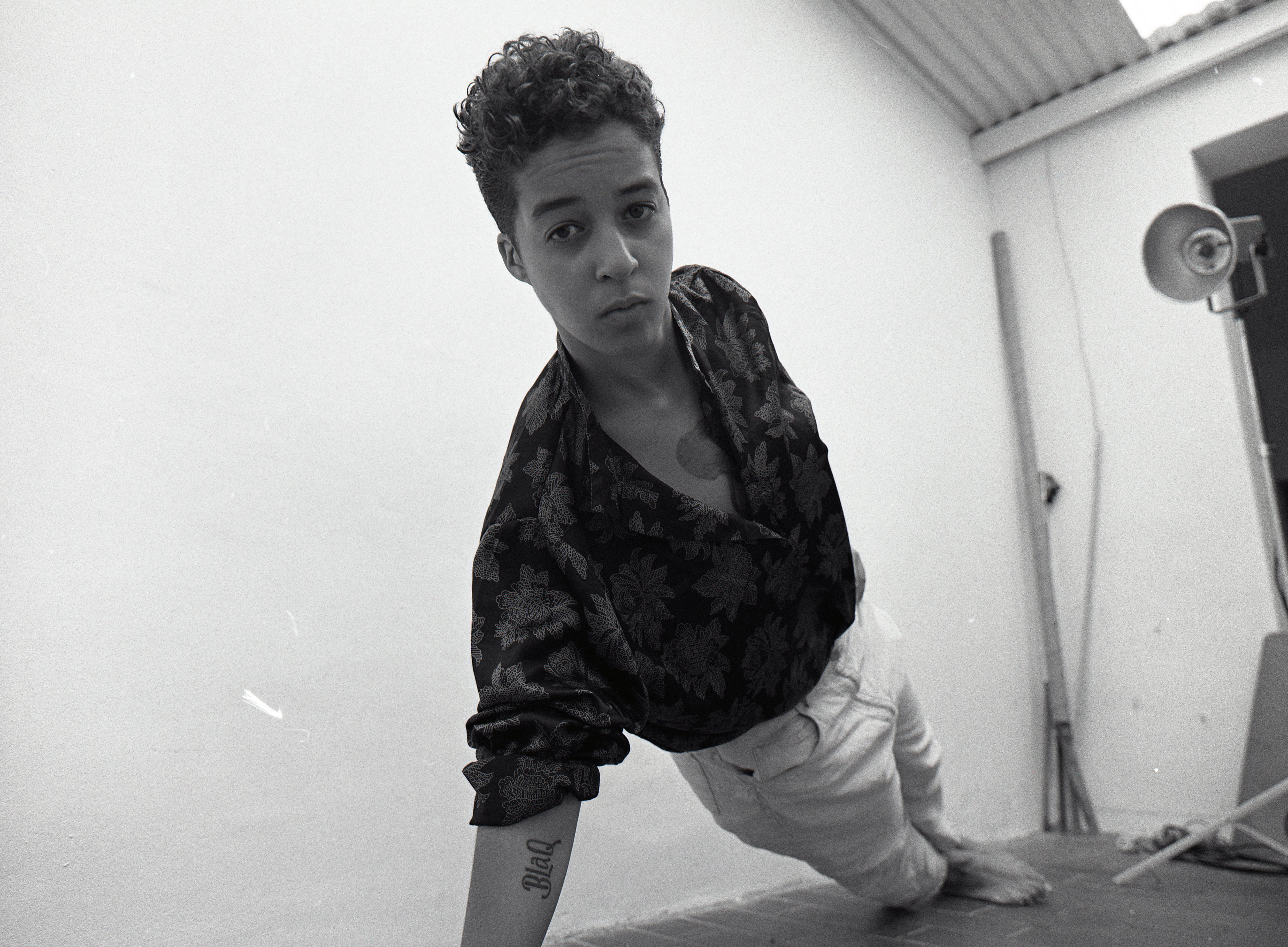
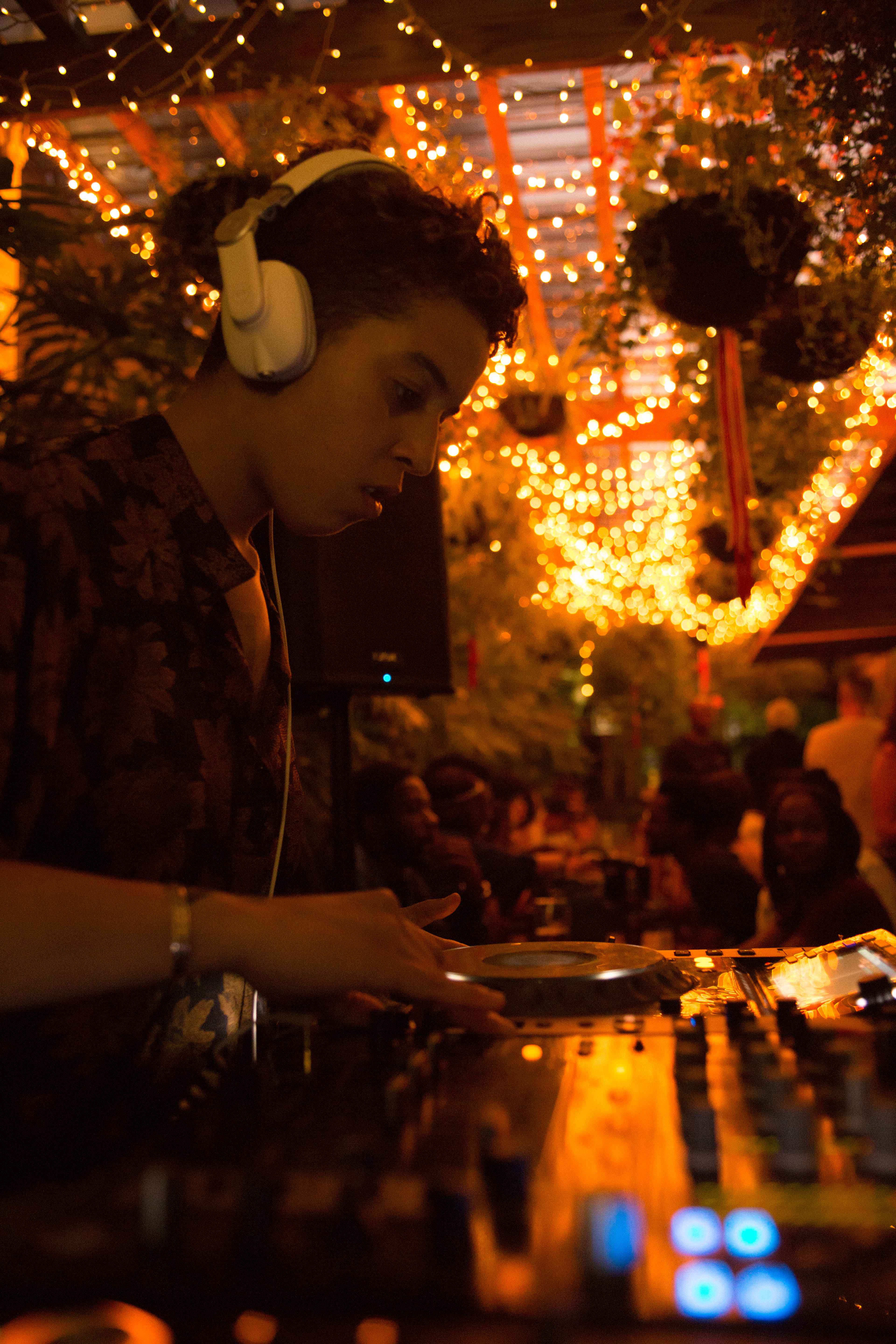









 “I look at people a lot. I look at how people look. How they hold themselves. It could be two guys on the road, leaning. That’s how I draw inspiration. I’m constantly sketching and do my research by reading a lot, but my main source is from ‘the everyday’. It is here that everything rushes to you all at once.”
“I look at people a lot. I look at how people look. How they hold themselves. It could be two guys on the road, leaning. That’s how I draw inspiration. I’m constantly sketching and do my research by reading a lot, but my main source is from ‘the everyday’. It is here that everything rushes to you all at once.”


